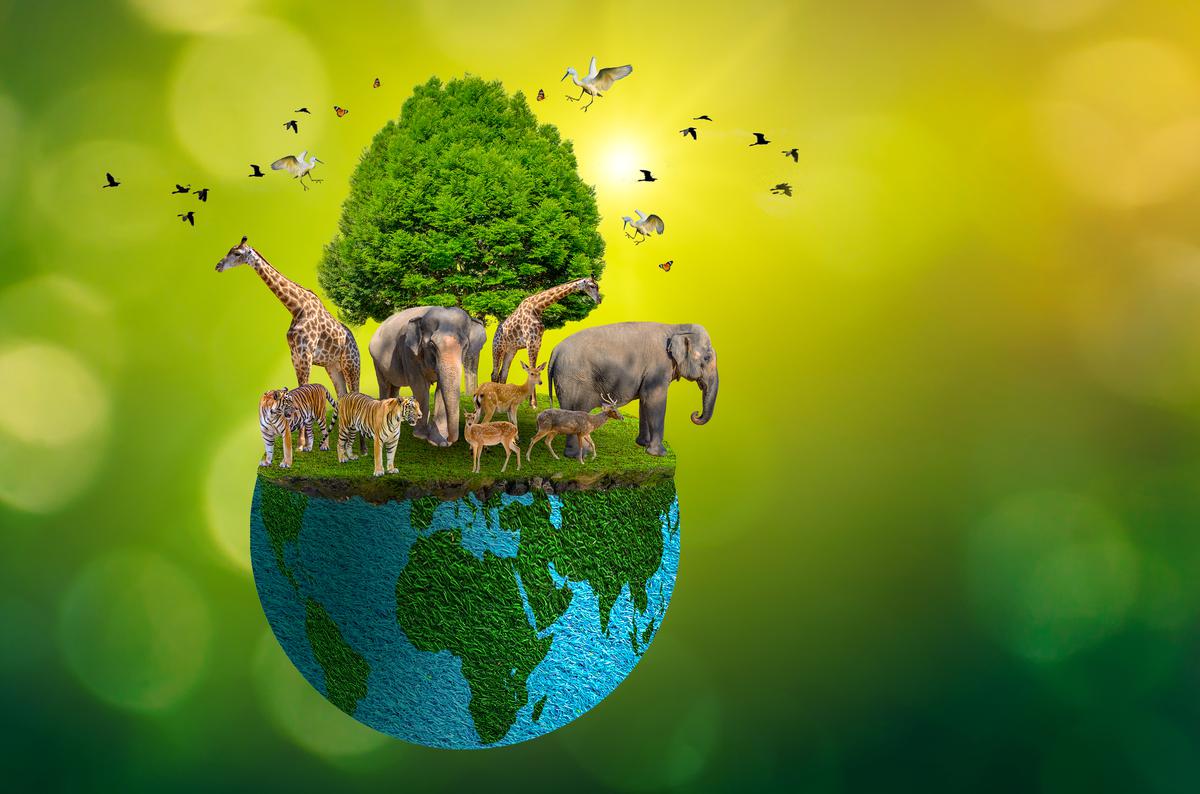Wildlife has played a vital role in human existence for centuries. From providing food and medicine to regulating the environment, wildlife has contributed to human survival and wellbeing in numerous ways. However, as human activities continue to threaten the survival of many species, it’s more important than ever to understand the importance of wildlife conservation.
One of the most significant ways in which wildlife benefits human existence is through its role in food production. Many wild animals are hunted for their meat, which provides a vital source of protein for many communities around the world. In addition, wild plants and animals are used in traditional medicine, providing treatments for a range of ailments.
Wildlife also plays a crucial role in regulating the environment. For example, pollinators such as bees and butterflies are essential for the pollination of crops, ensuring food security for billions of people. Similarly, predators such as lions and wolves help to control populations of herbivores, preventing overgrazing and ensuring the health of ecosystems.
Furthermore, wildlife has significant cultural and spiritual value for many communities around the world. For indigenous peoples, wildlife plays a central role in their culture and traditions, providing a connection to the land and the natural world. The loss of wildlife can therefore have significant impacts on these communities, both in terms of their physical wellbeing and their cultural identity.
Despite the many benefits of wildlife, human activities such as habitat destruction, hunting, and climate change are threatening the survival of many species. This has significant implications for human existence, including the loss of ecosystem services and the potential extinction of many species that are vital to our survival and wellbeing.
Conservation efforts are therefore essential to ensure the continued survival of wildlife and the benefits it provides to human existence. This includes protecting habitats, reducing hunting and poaching, and mitigating the impacts of climate change. In addition, promoting sustainable practices such as organic farming and reducing plastic waste can help to reduce the impact of human activities on wildlife.
In conclusion, the importance of wildlife in human existence cannot be overstated. From food production to regulating the environment and cultural and spiritual values, wildlife plays a vital role in our survival and wellbeing. However, human activities are threatening the survival of many species, making conservation efforts essential to ensure the continued survival of wildlife and the benefits it provides to human existence.
The author is an advocate by profession practicing in Additional District court Handwara.
ADVERTISEMENT







